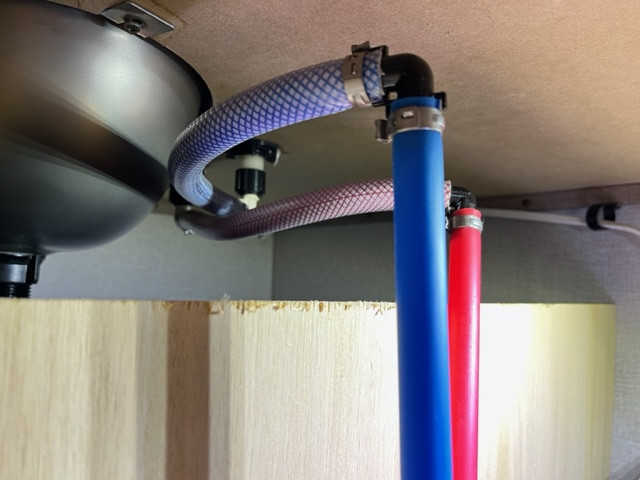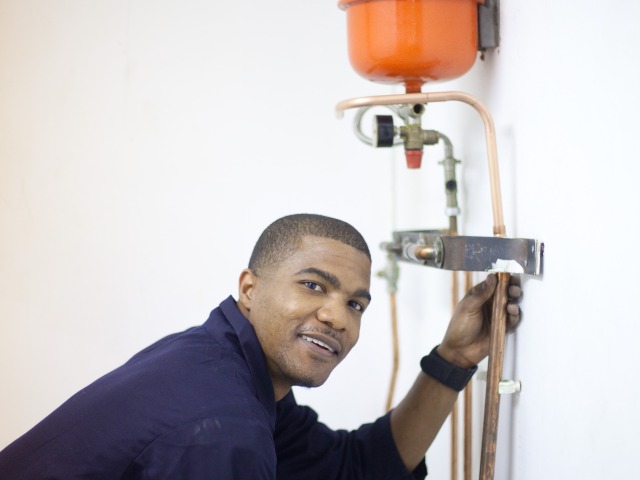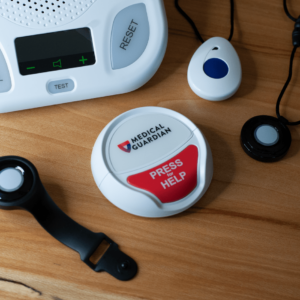Plumbing emergencies can be a homeowner’s worst nightmare. Whether it’s a burst pipe, an overflowing toilet, or a sudden drop in water pressure, these situations can cause significant damage if not addressed promptly. Knowing how to handle these emergencies efficiently can save you time, money, and a lot of stress. Here’s a comprehensive guide on how to manage plumbing emergencies effectively.
1. Stay Calm and Assess the Situation
The first step in handling any plumbing emergency is to remain calm. Panicking can lead to poor decision-making and potentially exacerbate the problem. Assess the situation by identifying the nature of the emergency. Is it a leak, a blockage, or a burst pipe? Understanding the problem will help you determine the best course of action.
2. Shut Off the Water Supply
One of the most critical steps in managing a plumbing emergency is to shut off the water supply to prevent further damage. Most homes have a main shut-off valve located near the water meter or where the water line enters the house. Turn this valve clockwise to close it. For localized issues, such as a leaking sink, you may need to close the shut-off valve specific to that fixture, usually located under the sink.
3. Address Leaks and Burst Pipes
If you’re dealing with a burst pipe, take immediate action to minimize water damage:
- Contain the Water: Use buckets, towels, or even a wet/dry vacuum to contain and remove the water that has already leaked.
- Turn Off Electrical Power: If the leak is near electrical outlets or appliances, turn off the electricity to prevent electrical hazards. Locate the circuit breaker box and switch off the relevant circuits.
- Inspect the Damage: Once the water is contained, assess the extent of the damage. Look for structural issues, such as warped floors or damaged drywall, that may require professional repair.
Temporary fixes can include using pipe repair tape or clamps to seal the burst pipe until a plumber can make a permanent repair. However, these are stopgap measures and should not replace professional repairs.
4. Handle Blocked Drains and Toilets
A blocked drain or toilet can quickly escalate into a major problem if not dealt with properly. Here’s what you can do:
- For Toilets: If your toilet is overflowing, stop the flow of water by turning off the valve behind the toilet. Use a plunger to try and dislodge the blockage. If the plunger doesn’t work, avoid using chemical drain cleaners as they can cause damage. Instead, a plumbing snake or auger might be necessary.
- For Drains: For clogged sinks or tubs, try using a plunger to clear the blockage. If plunging doesn’t work, you can use a plumber’s snake to reach deeper clogs. Avoid chemical cleaners as they can damage pipes, especially older ones.
If these methods don’t resolve the issue, or if you notice recurring clogs, it’s time to call a professional plumber. They can inspect your plumbing system and use specialized tools to address the problem.
5. Prevent Future Emergencies
Once the immediate issue is addressed, it’s essential to take steps to prevent future plumbing emergencies:
- Regular Maintenance: Schedule regular maintenance checks with a professional plumber. Routine inspections can help identify potential issues before they become emergencies.
- Winterize Pipes: In colder climates, insulate pipes to prevent freezing and bursting. Open cabinet doors under sinks to allow warm air to circulate around the pipes during cold weather.
- Monitor Water Pressure: High water pressure can stress your pipes and lead to leaks. Install a pressure regulator if necessary, and keep an eye on your water meter to spot any sudden changes in usage that might indicate a leak.

6. Know When to Call a Professional
While DIY solutions can handle many minor plumbing issues, some situations require the expertise of a professional plumber. It’s crucial to recognize when a problem is beyond your capability:
- Complex Repairs: For major issues like extensive leaks, pipe replacements, or complex blockages, it’s best to call a professional. They have the tools and expertise to handle these problems effectively and safely.
- Health and Safety Concerns: If there’s a risk of water contamination or exposure to hazardous materials, such as sewage backups, professional intervention is essential. Contaminated water can pose serious health risks and requires specialized cleaning and sanitation.
7. Document the Damage
In the event of a significant plumbing emergency, document the damage for insurance purposes. Take photos or videos of the affected areas and any visible damage. This documentation will be helpful when filing an insurance claim and may also assist your plumber in assessing the situation. Feel free to visit their page to know where to find the best plumbing service.
8. Have an Emergency Plan
Being prepared can make a significant difference in handling plumbing emergencies. Develop an emergency plan that includes:
- Contact Information: Keep a list of emergency contacts, including your plumber’s phone number, and any relevant insurance details.
- Emergency Kit: Assemble an emergency plumbing kit with essentials like a plunger, pipe repair tape, a pipe wrench, and a bucket.
- Emergency Procedures: Know the location of your main water shut-off valve and how to use it. Familiarize yourself with basic plumbing tools and techniques to handle minor issues.
Conclusion
Handling plumbing emergencies efficiently involves staying calm, acting quickly, and knowing when to seek professional help. By shutting off the water supply, addressing leaks and blockages, and taking preventive measures, you can mitigate the damage and ensure your home remains safe and functional. Regular maintenance and preparedness are key to avoiding future emergencies and ensuring that you’re ready to handle any plumbing issues that come your way.
Remember, while DIY solutions can be effective for minor issues, don’t hesitate to call a professional for complex or hazardous situations. Your home’s plumbing system is a critical component of your daily life, and proper care and prompt action can save you from significant stress and expense.






